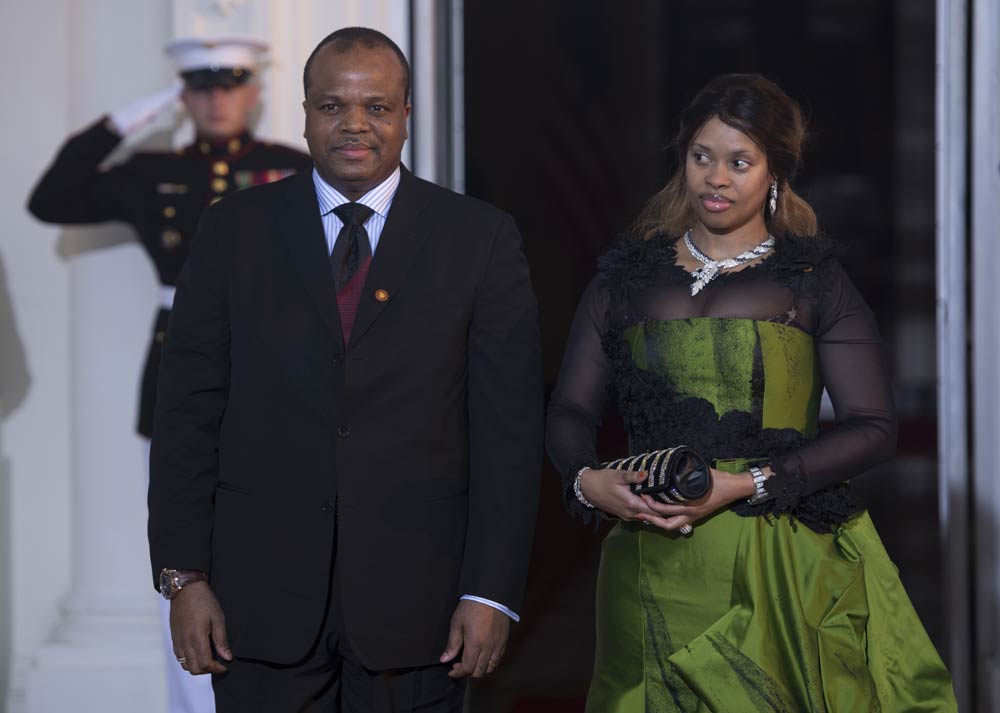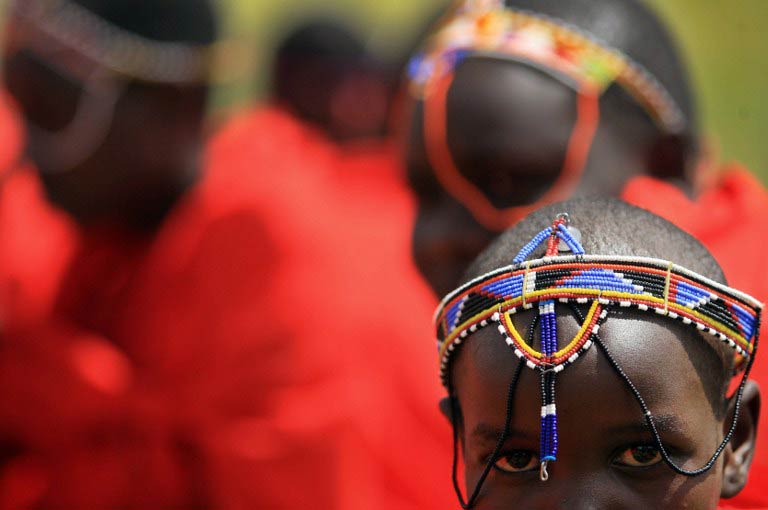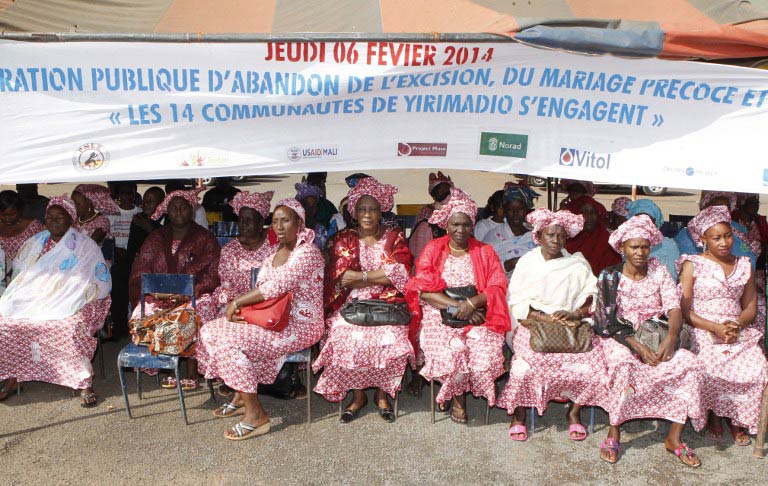
I am absolutely exhausted by the argument that we cannot complain about inefficient and corrupt African leaders because “even Western leaders do it.” The follow-up to this point is usually an indignant “How come when white people do it, it’s OK?”
And by ‘it’ here, the speaker is referring to plunging a population into a well of suffering simply because one can.
A few days ago I happened upon an article on The Root in which the gripes social media users have with Swaziland’s royal family were brought to light. The article was short and simple: a report on a report really.
“Swaziland’s royal family has found itself ensnared in the firm grip of social media users who are determined to expose the lavish lifestyle of “Africa’s last absolute monarch,” while most of the country’s people barely subsist on $1 a day per person, Agence France-Presse reports.”
But the responses to it are what angered me. Of the hundreds of comments that this post attracted, many of them repeated the same idea: if the [insert white royal family] can do it, why can’t we?
I was so overcome with rage, I found myself doing the one thing I promised myself I never would: I left an angry Facebook comment. But that was not the end of it. My rage at the commenters, many of them African American echoing a sentiment often uttered by Africans too when our own leaders are to be held accountable for one act or another, did not go away.
So here I am, finally explaining why “Well, the King of Britain does it” has to be the dumbest counter-argument I have ever heard.
“If they can do it, why can’t we?”
When this question is posed, it is often by a person, I assume, beginning to familiarise themselves with the heady nature of self-pride. The underlying idea here, is that to criticise one’s own leaders is to exempt the West from blame for their own misdoings. It is a noble idea, and of course, very understandable, even to me, a mere child. But it is sorely incorrect.
To say, “If the British family can live far above its subject why can’t the King of Swaziland?” is to say two things:
1. Exploiting one’s own people is something of a competition and God forbid the African be excluded from suckling the sweet fruits of corruption.
2. Comparing the people of Britain to a nation where sixty-percent live under $1 a day like Swaziland, is perfectly logical.
Indeed at some point in the past they suffered under the tyrannical rule of their monarchical lords, but for the most part, in 2014, the people of Britain are not as affected when the Queen takes a private jet to some island as the people of Swaziland are. This is a simple fact.
Plunging your nation into economic turmoil is not some sort of marker of empowerment. And the very idea conjures up images of corrupt African leaders winking at the portraits of former colonial powers, as they continue the age-old tradition of exploiting African people.
It is simply unacceptable. When will we get to the stage where we view our states through our own lenses? When will we remove ourselves from the “at least…” mentality? “At least it’s better than being exploited by whites.” “At least even the Europeans go through this in their own countries.”
Accountability is not a joke. And government is not a playground where we as citizens must continue to watch our leaders play while we tell ourselves that it’s alright because other people do it too. What is this – primary school?
Governance is not something our leaders do as a favour to us. It is an opportunity that we award them.
To say that what the King of Swaziland is doing is acceptable, is to say the suffering of those people (our people) is acceptable.This mentality is bigger than Swaziland, it is bigger than us. To say that corruption is a problem “everyone has” is to say that it and the ludicrous levels it reaches on our continent every day, is acceptable. To ask, “If the West can do it why can’t we?” is to say we are not people worthy of sound, accountable governance.
Why do we not ask “If the West can do it, why can’t we?” of education reform, of health policies, of infrastructure development, of government transparency, of social welfare policies, of economic engagement, of business forums, of infrastructure maintenance, of youth employment, of medical innovation, of technological integration, of political growth, of citizen empowerment, of sports development, of intra-continental trade, of trade policies, of foreign policies, of art evolution, of literary celebration….
Why?
This to me, is a symptom of us having bought into the lie our leaders are living. Drunk on new power and political “equality”, some of our leaders want to forget that political reality only means so much in the face of economic fact. They go to the UN and sit in big chairs next to the President of Italy and think just because the fellow can get away with running the economy like a gangster, so can they.
They shake hands with Obama and think to themselves, “Hey, if he can get funded by morally ambiguous corporations, why can’t I?” as if this is a nightclub. Well, news flash: this is not a nightclub. Economic reality is the only reality that matters. If the GDP of your nation cannot fill even one American state, you have absolutely no business trying to live like the US president.
This is just how life is. So we as citizens, cannot, no, MUST NOT allow our leaders to continue living this lie. The first step to that is to respond, the next time someone says “The President of the US does it”, with: “We’re not in the States here, comrade.”
We have to demand more for ourselves, because as long as it’s fashionable to disguise acceptance of corruption as “our right”, nobody will demand it for us.
Siyanda Mohutsiwa is a 21-yeard old math-major at the University of Botswana. She is currently slumming it in Finland. Follow her on Twitter: @siyandawrites


